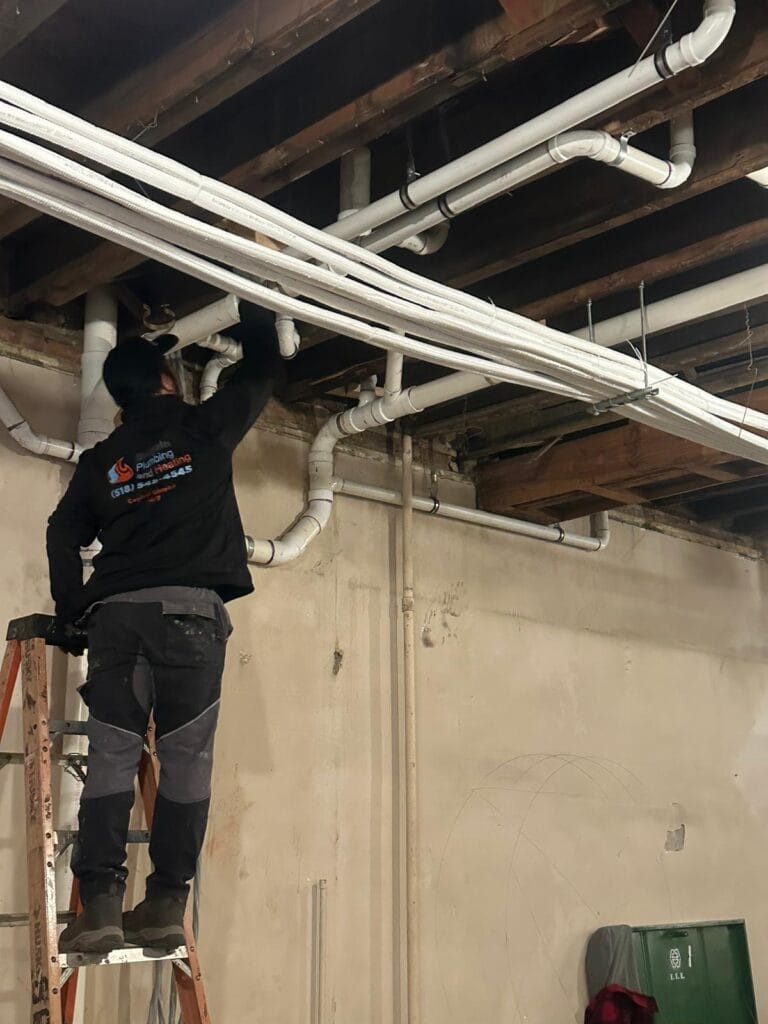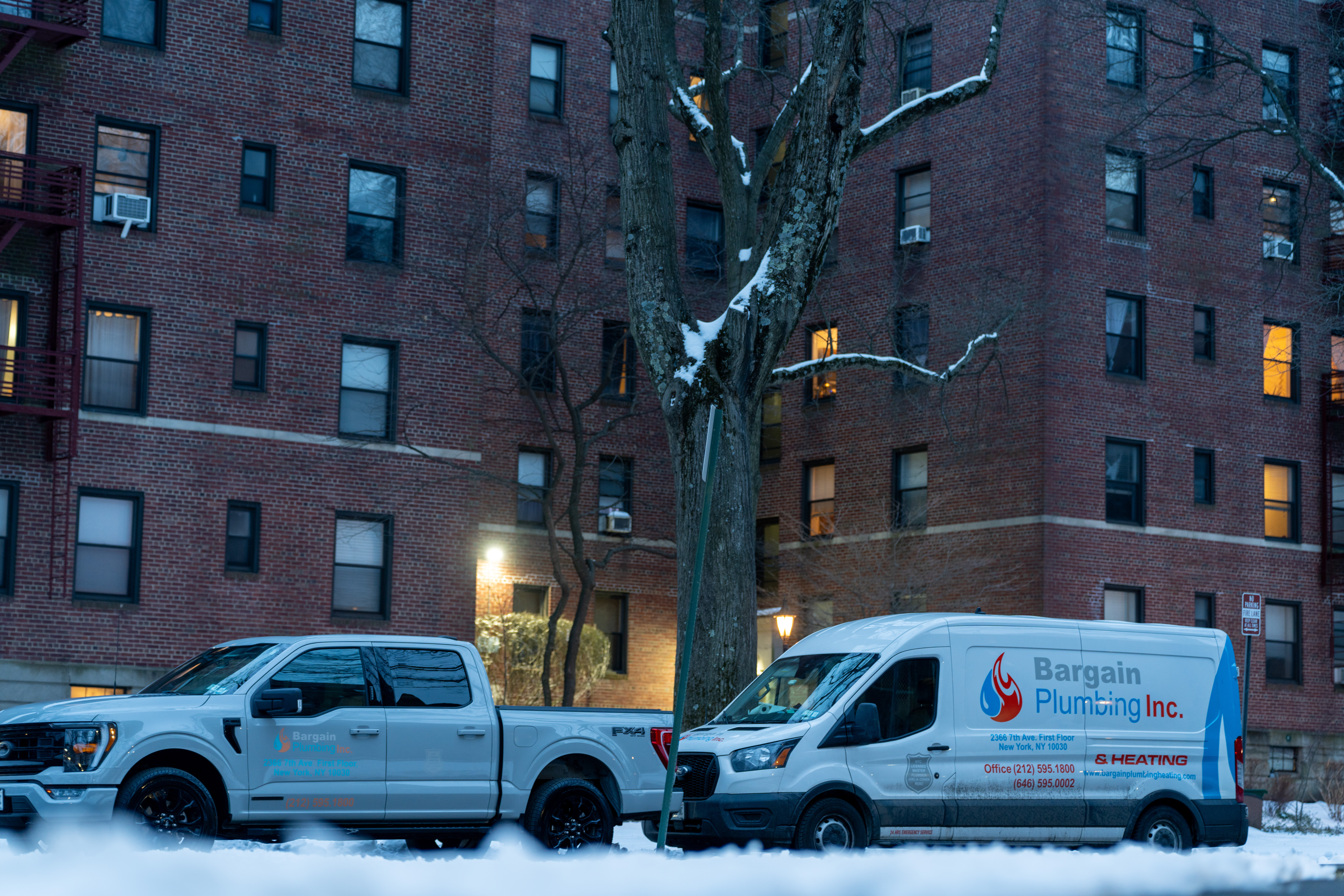Winter can be a challenging season for homeowners, especially when it comes to plumbing. Freezing temperatures can cause pipes to freeze and burst, leading to costly repairs and water damage. To help you keep your plumbing system safe during the cold months, here are some essential tips and advice.
Why Do Pipes Freeze in Winter?
When temperatures drop below freezing, the water inside your pipes can freeze. Water expands as it freezes, which puts pressure on the pipes. This pressure can cause pipes to crack or burst, resulting in leaks or flooding when the ice thaws.

How to Prevent Frozen Pipes
- Insulate Pipes: Use foam pipe insulation sleeves or heat tape to protect pipes, especially those located in unheated areas like basements, attics, garages, and crawl spaces.
- Seal Gaps and Cracks: Check around windows, doors, and the foundation for gaps that let in cold air. Use caulking or weatherstripping to keep the cold out.
- Keep the Heat On: Maintain a consistent temperature inside your home, even if you are away. Avoid turning the heat off completely.
- Let Faucets Drip: Allowing a slow drip from faucets connected to vulnerable pipes keeps water moving, reducing the chance of freezing.
- Open Cabinet Doors: This helps warm air circulate around plumbing under sinks, especially those on exterior walls.
What to Do If You Suspect a Frozen Pipe
- Turn Off the Water: Prevent further damage by shutting off the main water supply.
- Apply Heat: Use a hairdryer, heating pad, or warm towels to gently thaw the pipe. Never use an open flame.
- Call a Professional: If you cannot locate or thaw the frozen pipe safely, contact a licensed plumber immediately.
Additional Winter Plumbing Tips
- Drain Outdoor Faucets: Disconnect garden hoses and drain outdoor spigots to prevent freezing.
- Maintain Your Water Heater: Ensure your water heater is functioning properly, as hot water helps keep pipes warm.
- Know the Location of Your Main Shut-off Valve: In an emergency, quick access can save your home from extensive water damage.
Conclusion
Taking proactive steps to protect your plumbing during winter can save you time, money, and stress. By insulating pipes, sealing drafts, and keeping your home warm, you can avoid the headache of burst pipes and costly repairs. If you’re ever unsure about your plumbing’s condition during cold weather, don’t hesitate to contact a professional plumber for advice and assistance.
Stay warm, stay safe, and keep your plumbing flowing smoothly this winter!


Leave a Reply
You must be logged in to post a comment.